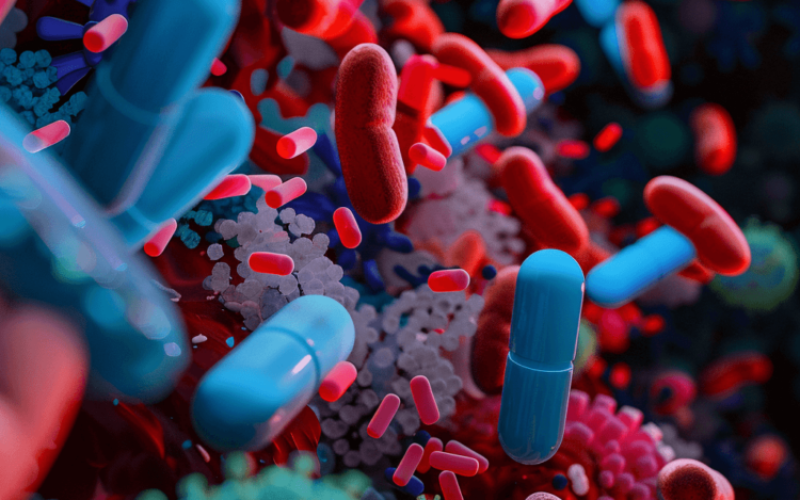Around 10 million. That’s the number of lives forecasters believe we will lose each year by 2050 as bacteria develop defenses against the drugs we use to fight infections.
Tackling antibiotic resistance, though, is hard.
“It is a complex phenomenon,” says Professor Jennifer Doudna, founder of the Innovative Genomics Institute at UC Berkeley. “It’s not a disease, it’s a biological property that emerges over time, so there’s no standard model to deal with it.”
A biotechnology pioneered by Doudna offers a possible solution. Doudna is the Nobel Prize–winning co-inventor of CRISPR gene editing.
Scientists are examining two primary approaches.
“One general strategy that seems promising is targeting the genes or mutations that enable microbial resistance to antibiotics, making the antimicrobials that we already have more effective,” says Doudna. That’s vastly preferable to “constantly having to develop new ones in a never-ending arms race with bacteria.”
…
The second general strategy is to neutralize the bacteria directly. You can simply cut specific regions of its chromosome, by programming the CRISPR enzymes to target them, circumventing the need for antibiotics altogether. In 2021, scientists in Canada used this approach to eliminate a harmful bacterium from the gut.































